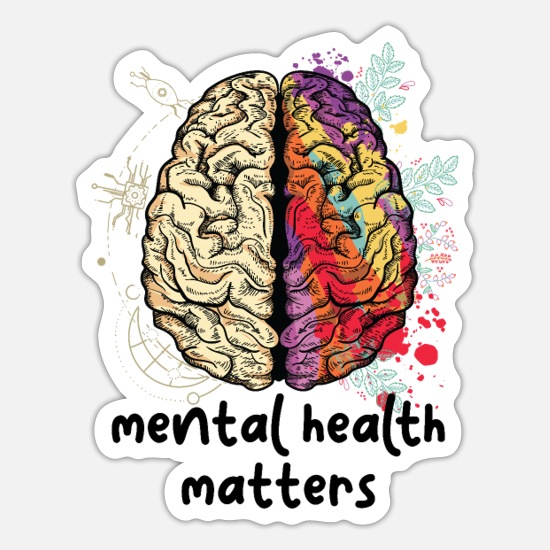In today’s fast-paced world, the drive for productivity often comes with significant mental health challenges. The pressure to achieve more, accomplish tasks swiftly, and remain perpetually busy can lead to burnout, anxiety, and other mental health issues. Understanding the intricate connection between productivity and mental health is crucial for achieving a balanced life. This article explores this connection and offers strategies to help maintain both productivity and mental well-being.
Understanding the Connection
Productivity and mental health are deeply intertwined. High levels of productivity can initially enhance feelings of accomplishment and satisfaction. However, when productivity becomes a source of stress rather than fulfillment, it can lead to mental fatigue and burnout. Conversely, poor mental health can negatively impact productivity, creating a cycle of stress and inefficiency.
Burnout is a prime example of how excessive focus on productivity can harm mental health. It is characterized by emotional exhaustion, depersonalization, and a reduced sense of personal accomplishment. Individuals experiencing burnout often struggle with concentration, memory, and motivation, which can further impair their productivity.
Anxiety is another common issue. The constant pressure to perform can lead to chronic worry and stress, which depletes mental energy and affects one’s ability to focus and work effectively. This, in turn, can cause a decline in productivity, creating a vicious cycle.
Set Realistic Goals
One of the most effective ways to maintain a balance between productivity and mental health help have productive life, achievable goals. Overly ambitious targets can lead to stress and disappointment. Break larger goals into smaller, manageable tasks and celebrate progress along the way. This approach not only improves productivity but also fosters a sense of accomplishment and motivation.
Prioritize Self-Care
Self-care is essential for maintaining mental health and, by extension, productivity. Regular exercise, a balanced diet, and adequate sleep are fundamental components of self-care. Physical well-being significantly impacts mental health and cognitive function. Additionally, incorporating relaxation techniques such as mindfulness, meditation, or deep-breathing exercises can help reduce stress and improve focus.
Establish Boundaries
Setting boundaries between work and personal life is crucial for mental well-being. Working from home or having a flexible schedule can blur these lines, leading to extended work hours and insufficient rest. Establish clear boundaries for work hours and stick to them. Use techniques such as creating a dedicated workspace and setting specific times for breaks to help maintain this separation.
Practice Time Management
Effective time management can reduce stress and increase productivity. Techniques such as the Pomodoro Technique, which involves working in focused intervals followed by short breaks, can enhance concentration and efficiency. Prioritizing tasks and using tools like to-do lists or digital planners can also help manage time effectively and prevent overwhelm.
Seek Support
Seeking support from friends, family, or professionals can be beneficial for both mental health and productivity. Talking about challenges with others can provide new perspectives and alleviate feelings of isolation. For more persistent issues, consider speaking with a mental health professional. Therapy or counseling can offer strategies for managing stress and improving mental resilience.
Adopt a Growth Mindset
A growth mindset—the belief that abilities and intelligence can be developed through effort and learning—can foster a healthier relationship with productivity. Embrace challenges as opportunities for growth rather than threats to your success. This mindset helps reduce the pressure to achieve perfection and encourages a more flexible, resilient approach to work.
Take Regular Breaks
Taking regular breaks throughout the workday is crucial for maintaining productivity and mental health. Breaks help prevent mental fatigue and burnout. Use break times to engage in activities that relax and rejuvenate you, such as taking a walk, reading, or practicing a hobby.
Reflect and Adjust
Regular reflection on your productivity and mental health is essential. Assess what strategies are working and where adjustments might be needed. This reflection can help you identify patterns, such as when stress levels rise or productivity dips, allowing you to make necessary changes to your routine.
Conclusion
The relationship between productivity and mental health is complex and multifaceted. Striking a balance requires a proactive approach to managing both work demands and personal well-being. By setting realistic goals, prioritizing self-care, establishing boundaries, practicing time management, seeking support, adopting a growth mindset, taking regular breaks, and reflecting on progress, individuals can foster a healthier, more balanced life. Ultimately, maintaining mental health is not just about reducing stress but about creating an environment where productivity and well-being can coexist harmoniously.



